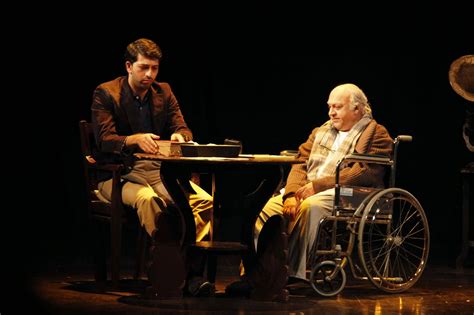A Quote by Suleika Jaouad
You know, illness is not something that ever crossed my mind until I got diagnosed with leukemia two years ago at the age of 22. And I don't take things for granted anymore.
Related Quotes
The problem with time, I've learned, whether it's those first two weeks I got to spend with you, or the final two months I got to spend with him, eventually time always runs out. I have no idea where you are out there in the world, John. But I understand that I lost the right to know these things long ago. No matter how many years go by, I know one thing to be as true as ever was - I'll see you soon then.
The tension of opposites: Life is a series of pulls back and forth. You want to do one thing, but you are bound to do something else. Something hurts you, yet you know it shouldn't. You take certain things for granted, even when you know you should never take anything for granted. A tension of opposites, like a pull on a rubber band. And most of us live somewhere in the middle.
Seventeen's not so young. A hundred years ago people got married when they were practically our age." "Yeah, that was before electricity and the Internet. A hundred years ago eighteen-year-old guys were out there fighting wars with bayonets and holding a man's life in their hands! They lived a lot of life by the time they were our age. What do kids our age know about love and life?

































